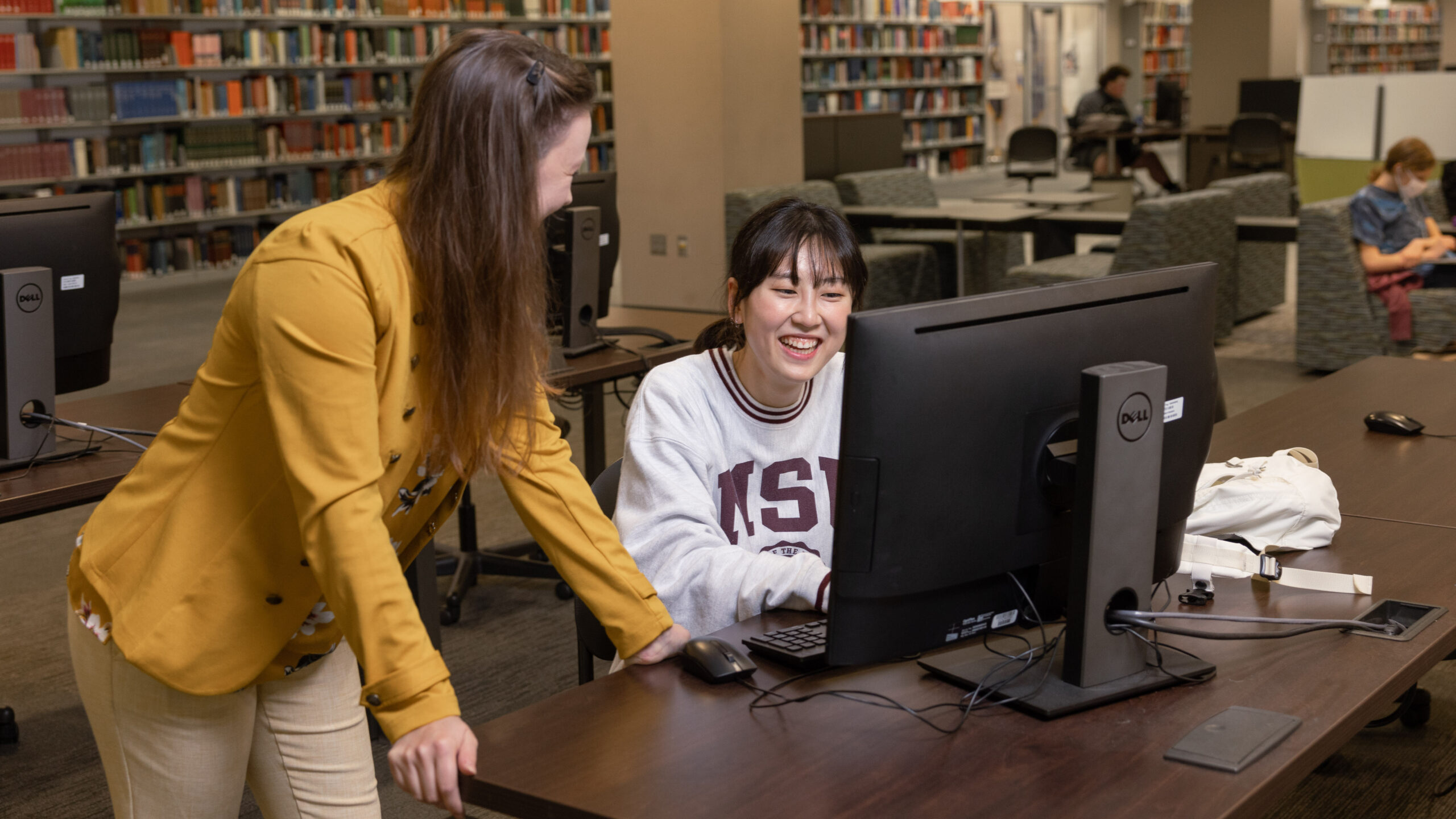It’s Open Access Week – a time for the academic community to celebrate shared knowledge and make open access the new norm in scholarship and research.
What is open access?
Open access is a publishing model for scholarly communication that makes research information free and available to all, as opposed to a traditional subscription model where researchers have to pay to access this type of information.
Why is open access important?
As an academic library, we support open access for many reasons:
- It removes barriers to knowledge for all researchers – no matter their socioeconomic background.
- It increases the visibility and reuse of academic research.
In other words, open access helps ensure our university community can discover and use the scholarly information they need at no cost. On the flip side, open access ensures that our faculty and students don’t have to rely on publishers to make their scholarly work widely accessible. Through open access, our researchers can also maintain ownership of their work as opposed to turning over their rights to a publisher (as is often the case in more-traditional subscription models).
How does the MSU Libraries promote open access?
The University Libraries provides access to Open Educational Resources (called OERs). OERs are teaching and learning materials that are freely available online for everyone to use. These resources come in all forms – everything from full courses to course modules to simulations, and many more resources contained in digital media collections from around the world.
By making these materials freely available online, we can help reduce the cost of higher education and create equitable access to resources for our instructors, students and researchers.
How can I access OERs?
Our librarians can help you discover and navigate many types of OERs including textbooks on reserve, ebooks and BearWorks, the university’s online repository that collects and preserves access to the scholarly work of our faculty, students and staff. We also provide access to the Directory of Open Access Journals, which contains peer-reviewed, full-text open-access academic research journals. We even have a library guide devoted to OERs with information on how to find and use these resources as a researcher, instructor or student.
Library resources beyond OERs?
In addition to OERs, we also provide access to LERs (Library/Licensed Educational Resources). These resources are also open and accessible to everyone within the university community.
This year’s Open Access Week theme is “Open for Climate Justice.” Here are some of our resources on the subject:
- Environment Complete: offers deep coverage in applicable areas of agriculture, ecosystem ecology, energy, renewable energy sources, natural resources, marine & freshwater science, geography, pollution and waste management, environmental technology, environmental law, public policy, social impacts, urban planning, and more.
- GreenFILE: shares information covering all aspects of human impact on the environment. It is a collection of scholarly, government and general-interest titles that includes content on global warming, green building, pollution, sustainable agriculture, renewable energy, recycling, and related topics.
- IEEE: sponsored by the College of Natural and Applied Sciences, you can access almost a third of the world’s current electrical engineering and computer science literature, featuring high-quality content from IEEE as well as their partners.
- Science Direct eJournal Collection: part of the ejournal collections from MSU Libraries, ScienceDirect provides full-text access from 1998-present to about 175 journals published by Elsevier Science. Most journal titles are from the natural and applied science areas of biology, botany, medicine, chemistry, mathematics, computer sciences, etc. but social science titles such as business, psychology, library science, economics, and history are also part of the collection.
For more information about the University Libraries’ educational resources, contact Tracy Stout.

